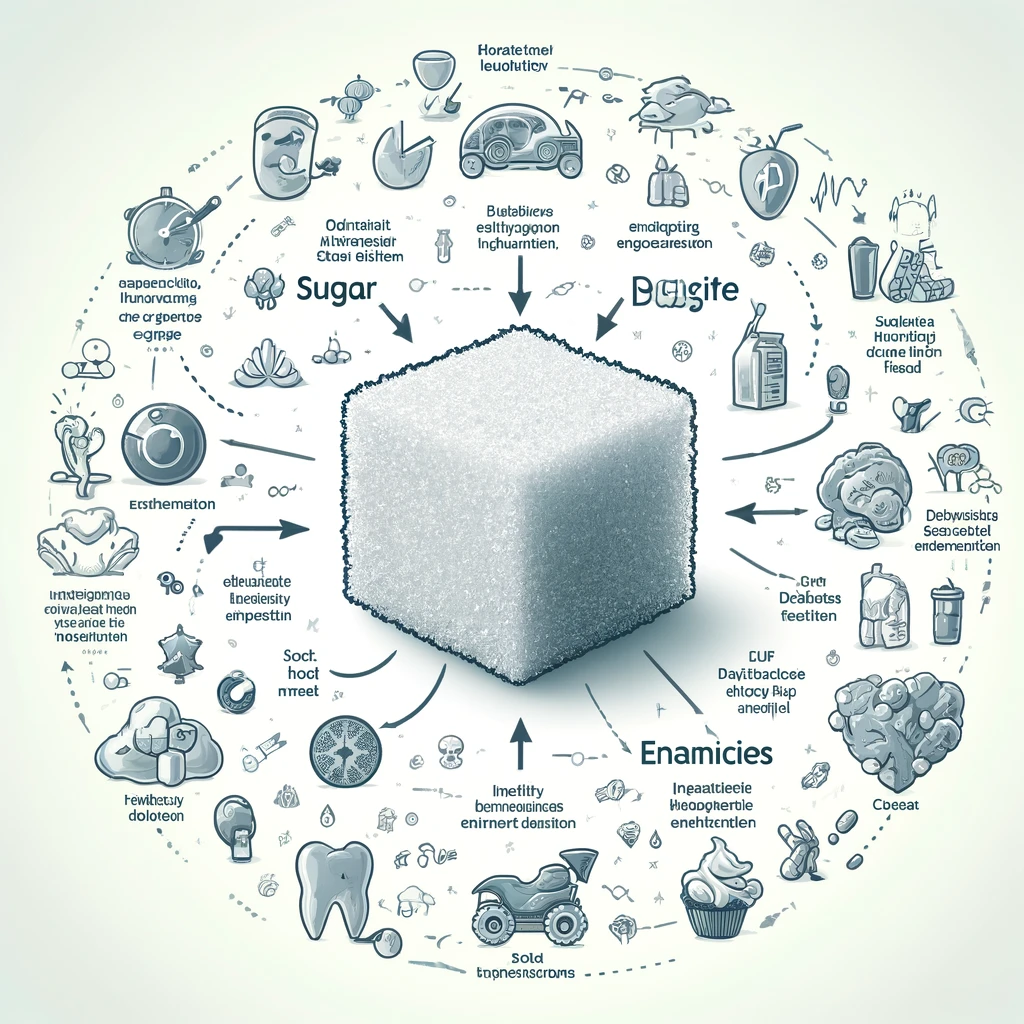How Sugar Affects Your Health: Benefits, Risks
Many people believe that eating a lot of sugar directly causes diabetes. While this perspective has some truth, it’s not entirely accurate. Let’s explore the role of it in our health and find out how… How Sugar Affects Your Health: Benefits, Risks
